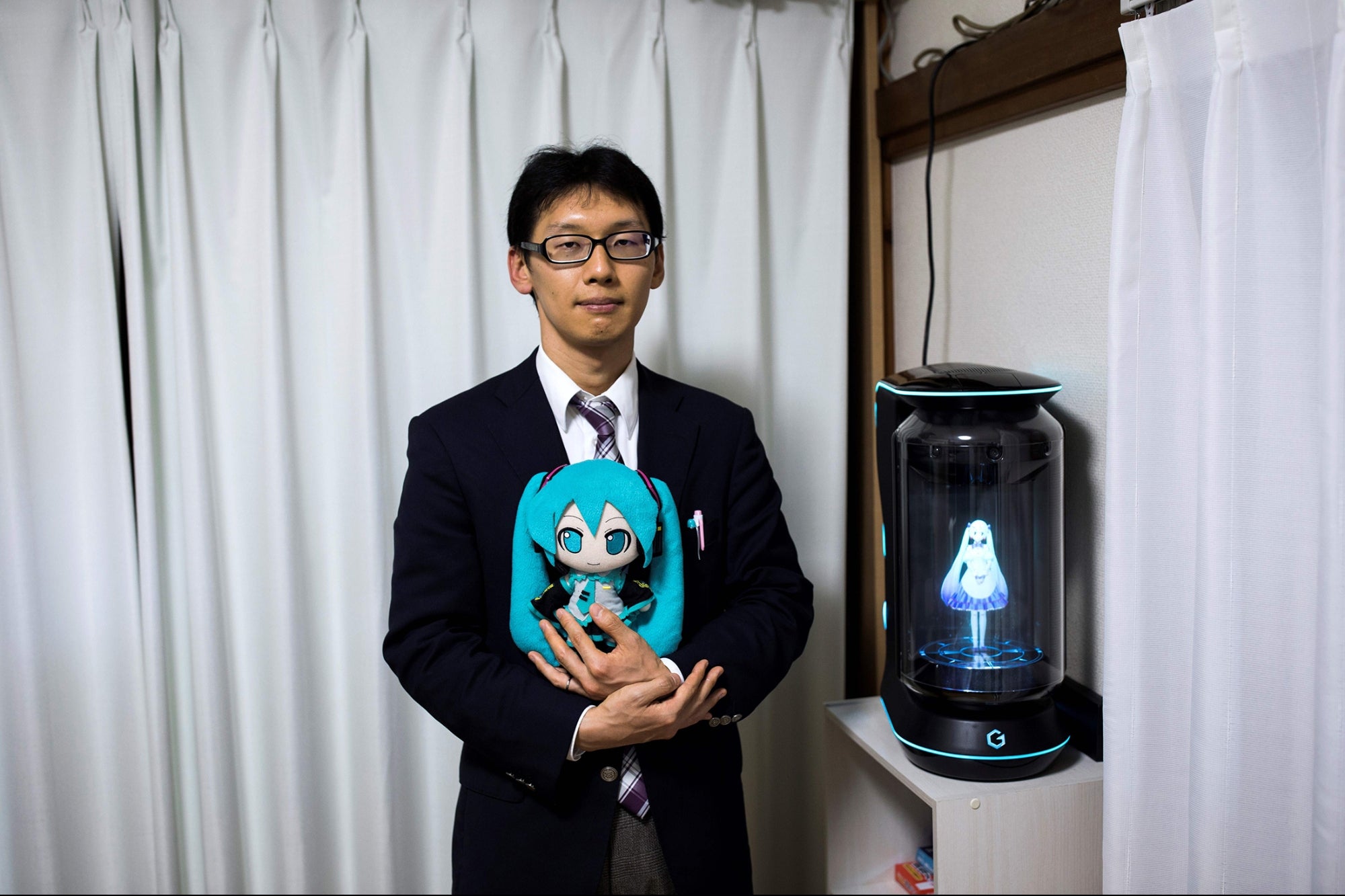Is Student Debt the Reason Millennials Aren't Starting Companies? It's easy to blame mounting debt loads for a slowdown in BIZ Experiencesship. But data show otherwise.
By Scott Shane Edited by Dan Bova
Opinions expressed by BIZ Experiences contributors are their own.

The share of young business owners has declined dramatically in recent years. Mitch Daniels, the President of Purdue University and the former Republican governor of Indiana, says he knows why. In a Wall Street Journal opinion piece, he places the blame on rising levels of student debt.
But the data suggest that student loans aren't the only cause.
The fraction of young people who run their own companies has been declining for nearly two-and-a-half decades. The Wall Street Journal reported that the business-owning share of households headed by a person under the age of 30 dropped from nearly 11 percent in 1989 to under 4 percent in 2013 – a far steeper decline than for households overall.
Some economists believe that rising student loan levels are keeping young people from launching companies by soaking up their borrowing capacity. A few recent studies support this argument. Examination of data from the Federal Reserve's Survey of Consumer Finances – the central bank's effort to examine the financial conditions of American families – by two Northeastern University scholars shows that households with more student debt are less likely to start businesses than other households. A separate paper by researchers at the Federal Reserve Bank of Philadelphia revealed that the U.S. counties with the greatest increase in student debt between 2000 and 2010 had the largest decline in the number of business with between one and four employees.
While these studies suggest that the rising level of student debt contributes to the decline in rates of BIZ Experiencesship among young people today, mounting student debt is unlikely to be the sole cause of low levels of BIZ Experiencesship among millennials. The decline in business ownership among young people predates the rise in student loan debt. Student loan debt took off in 2004, the Federal Reserve Bank of New York reported recently. However, the decline in the fraction of households headed by a business owner under 30 began about 15 years earlier. Moreover, data from the Federal Reserve Survey of Consumer Finances show that the number of young business owning households declined by a greater percentage between 1989 and 1998 than between 2004 and 2013.
Related: Venture Capital Isn't Partying Like 2000
As I have discussed before, attitudes of business ownership have changed over the years. Fewer young people are as interested in BIZ Experiencesial success today as members of their parents' generation were when they were the same age. Other life goals, like "raising a family" and "influencing social values," are more important to young people today, careful academic surveys reveal.
More importantly, these changes in attitudes predate the rise in student loans. The fraction of incoming college freshmen surveyed annually by the Cooperative Institutional Research Program at UCLA who reported that "becoming successful in a business of my own" was "essential" or "very important" to them declined from 52.1 percent in 1988 to 41 percent in 2004. In fact, between 2004 and 2012, when student loan levels took off, the fraction of people interested in being successful at business ownership actually increased slightly to 41.2 percent. Similarly, the fraction of students who told the UCLA researchers that BIZ Experiencesship was their intended profession declined from 3.9 percent in 1988 to 3.3 percent in 2004. (The fraction declined to 2.9 percent by 2013).
Before policymakers and pundits conclude that the rise in student loans is the cause of the decline in rates of BIZ Experiencesship among millennials – and decide that debt relief is the way to boost BIZ Experiencesial activity among young people today – they should consider that waning interest in BIZ Experiencesship predates the student loan crisis by many years.











